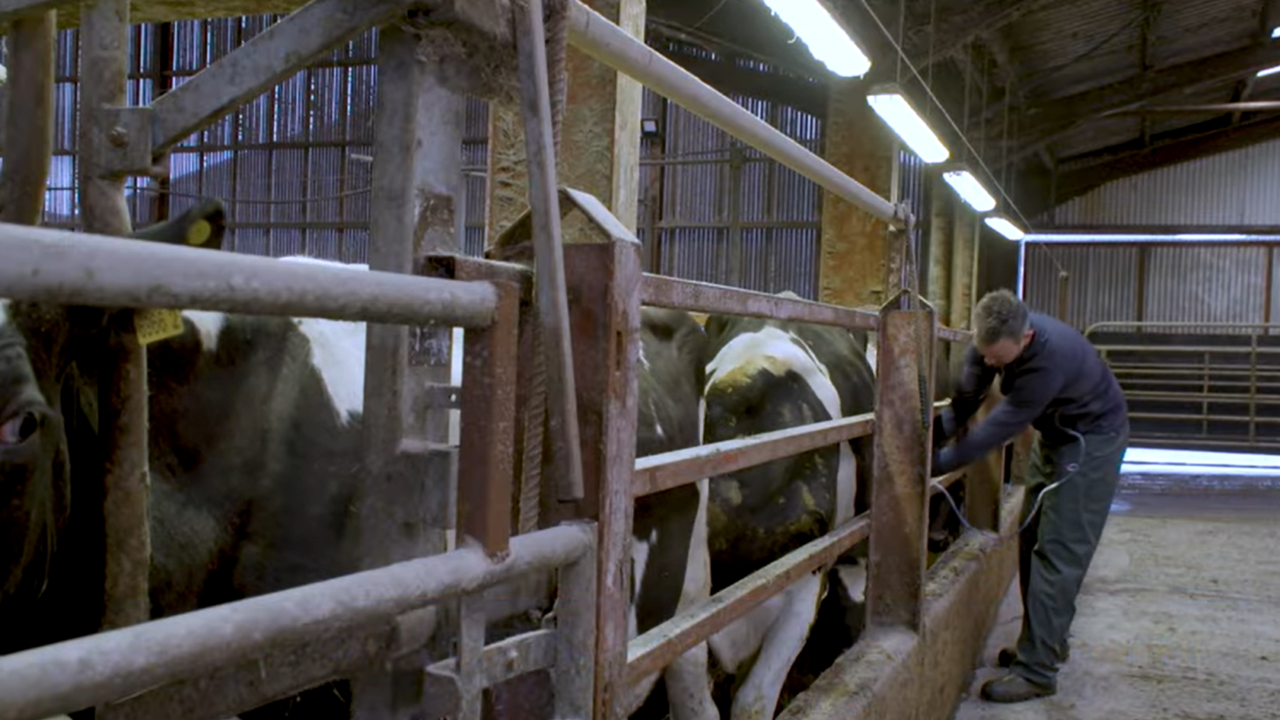Sponsored Article

Sponsored Article
Injectable trace minerals ensuring fertility of maiden heifers
Sponsored Article

The importance of injectable trace minerals in maiden heifers during the pre-breeding period cannot be underestimated.
As the backbone of agriculture, farmers constantly strive to optimise their herd’s health and productivity.
The nutritional status of heifers plays a pivotal role in cattle reproductive performance, particularly in the pre-breeding stage.
Injectable trace minerals have proven to improve the reproductive efficiency of maiden heifers, ensuring their ability to get in calf and carry calves to term.
Maiden heifers represent the future of a cattle operation as these young females are yet to experience pregnancy and calving, making their reproductive health paramount for the sustainability of the herd.
Preparing maiden heifers for breeding involves meticulous attention to their nutritional needs, as any deficiencies can impede their reproductive performance.
Adequate nutrition is essential for optimal growth, development, and reproductive function in maiden heifers.
However, conventional feeding practices may not always provide the necessary levels of essential nutrients, including trace minerals such as copper, zinc, selenium, and manganese.
These micronutrients play a vital role in various physiological processes, including reproductive health and immune function.
Trace minerals play a vital role in the fertilisation of an animal and contribute to the development of the embryo.
Deficiencies in these micronutrients may disrupt these critical processes, which may lead to reduced conception rates, increased embryonic loss, and extended calving intervals.
While trace minerals are present in forages and concentrates, their bioavailability and absorption rates can vary widely.
Factors such as soil quality, forage type, antagonists, and animal factors can influence the availability of these micronutrients to the heifers.
Moreover, the demands for trace minerals increase during periods of stress, such as weaning, transportation, and breeding, further exacerbating deficiencies.
Recognising the limitations of conventional oral supplementation methods, many farmers are turning to injectable trace mineral formulations to ensure optimal nutrient delivery to maiden heifers.
Injectable formulations bypass the digestive system, delivering trace minerals directly into the body for rapid absorption.
Benefits of injectable trace minerals in maiden heifers include:
- Improved reproductive performance - adequate levels of micronutrients are received, enhancing conception rates, and reducing the incidence of embryonic loss;
- Enhanced immune function - trace minerals play a crucial role in bolstering the immune system, helping to protect maiden heifers from infectious diseases and promoting overall health and well-being;
- Reduced stress - optimal nutrient levels are received without any hassle during critical periods such as weaning and breeding;
- Consistent nutrient delivery - unlike oral supplementation, which may be affected by factors such as feed intake and digestive efficiency, injectable trace minerals provide a reliable and consistent source of micronutrients;
- Cost-effectiveness - the improved reproductive performance and overall health of maiden heifers can lead to long-term cost savings for farmers.
Integrating injectable trace minerals into the management practices of maiden heifers requires careful planning and execution.
Farmers should work closely with their vet to develop a comprehensive 'top-up' programme tailored to the specific needs of their herd.
Key considerations include:
- Assessment of trace mineral status to identify potential deficiencies and specific animal requirements;
- Selection of injectable formulations should be discussed with your vet to review what is needed for your herd;
- Follow recommended administration protocols provided by the manufacturer and your vet, ensuring proper dosage and injection site to maximise efficacy;
- Regularly monitor the reproductive performance and overall health of maiden heifers following the implementation of injectable trace minerals, adjusting the supplementation programme as needed.
The use of injectable trace minerals represents a significant advancement in optimising the reproductive performance and overall health of maiden heifers pre-breeding.
By addressing sub-clinical and clinical deficiencies in essential micronutrients, farmers can ensure the long-term sustainability and profitability of their cattle operation.
With careful planning and implementation, injectable trace minerals can pave the way for a thriving herd.
Sponsored Article






